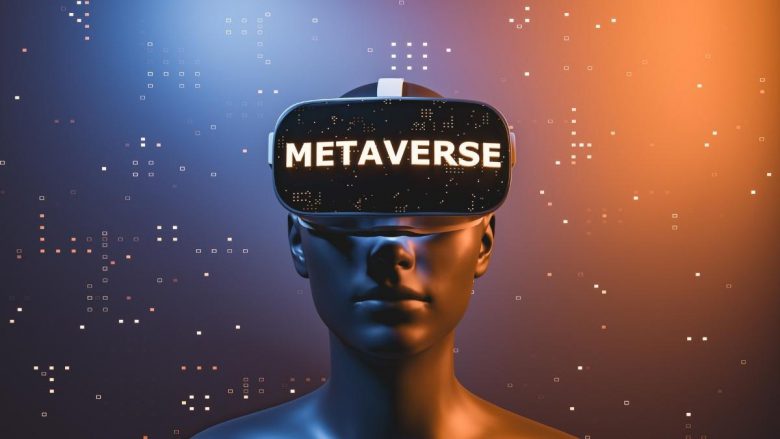
The Metaverse was introduced by founder and CEO Mark Zuckerberg, which raised an enormous amount of questions. Avatars that represent their users will be present in the Metaverse, a virtual world. In that sense, it resembles a video game, albeit one with greater interconnection, social media components, a wider range of activities (than, say, World of Warcraft), and, it is anticipated, a significant role in the development of Web 3.0.
To assist consumers to feel more immersed, it’s also anticipated to incorporate components of virtual and augmented reality. Numerous well-known companies are currently preparing to benefit from this online transformation. In order to offer virtual sneakers as well as other clothing, Nike has registered a number of trademarks. While also looking to the Metaverse to usher in a new age of storytelling, Disney got on the NFT bandwagon through the VeVe NFT platform and has been extremely successful thus far. New businesses are also attempting to upend the status quo of traditional media through the usage of this technology.
In the upcoming years, it is anticipated that spending on VR/AR would increase as well, rising from $12 billion in 2020 to $72.8 billion in 2024. The Metaverse’s central element can alternatively be the blockchain. By 2024, Statista estimates that global investment in blockchain technologies might reach $19 billion.
Currently, little is known about the Metaverse’s ramifications. The same is true for what the Metaverse will entail for global organizations, businesses, and users. It is tough for intelligent marketers to ignore since it represents the possibility of change on all fronts.
The world is changing, as they say.
The nature of business is about to shift, in Meta’s own words. Through immersive marketplaces and the sale of digital goods like the virtual sneakers Nike has proposed, the Metaverse would enable buyers and sellers to engage in novel and exciting ways. Through augmented reality, the Metaverse is also poised to transform how people engage with the physical world. A great application of this for businesses would be to use AR to realistically place furniture in a space so that customers can see how everything appears before making purchases. The Meta article notes that there will be use cases for firms looking to capitalize on mixed reality and real-world interactions, regardless of industry.
As Meta builds what may become its main product, there are three crucial industries to keep an eye on. Although the corporation is currently in the early phases of launching the Metaverse, the report points out that in the future, it is possible that the digital environment will include advertising and commerce. Thus, businesses might be able to anticipate “traditional” Facebook Ads in the Metaverse.
Additionally, businesses might be able to create their own online stores and host events. Due to this, a business may invest in virtual property in an effort to boost its reputation and marketing potential. By developing their own NFTs, marketers may also want to interact with the Metaverse and its user base.
Another Forbes piece on the subject, however, issues a warning that typical advertising forms might not adapt. Marketers will need to use creativity to stay competitive as engagement will become a critical performance metric. Marketers will need to always be on the lookout for new metrics to measure performance while also coming up with innovative ways to modernize established ones to fit this new environment.
Staying afloat
We know very little about how the Metaverse will evolve, just as we know very little about what it will look like when it does. Going forward, it will be crucial to keep track of new developments and pay special attention to user preferences and expectations.
Even while this new environment necessitates some retraining and the modification of fixed attitudes, marketers may be confident that their skills will continue to be important in the future. The change from the pre-internet period through Web 1.0 to Web 2.0 was equally disruptive, but marketers were able to adapt with ease, so the Metaverse need not be frightening. In the end, it’s more of a chance than a danger.
Learn more about technology and read Why Is Metaverse Development Important, and How Can You Participate?


